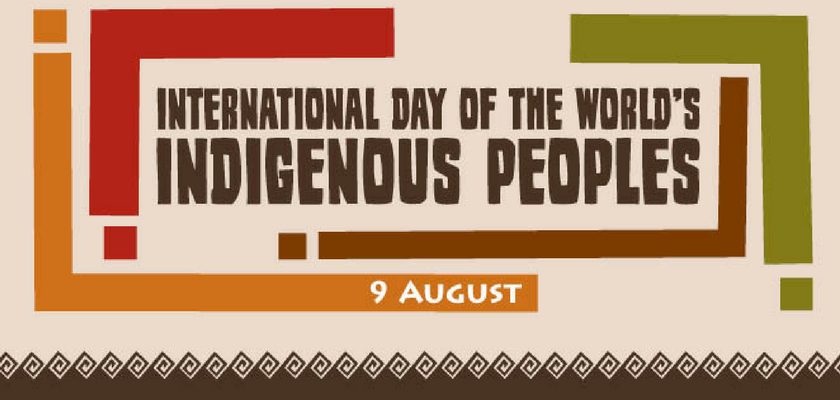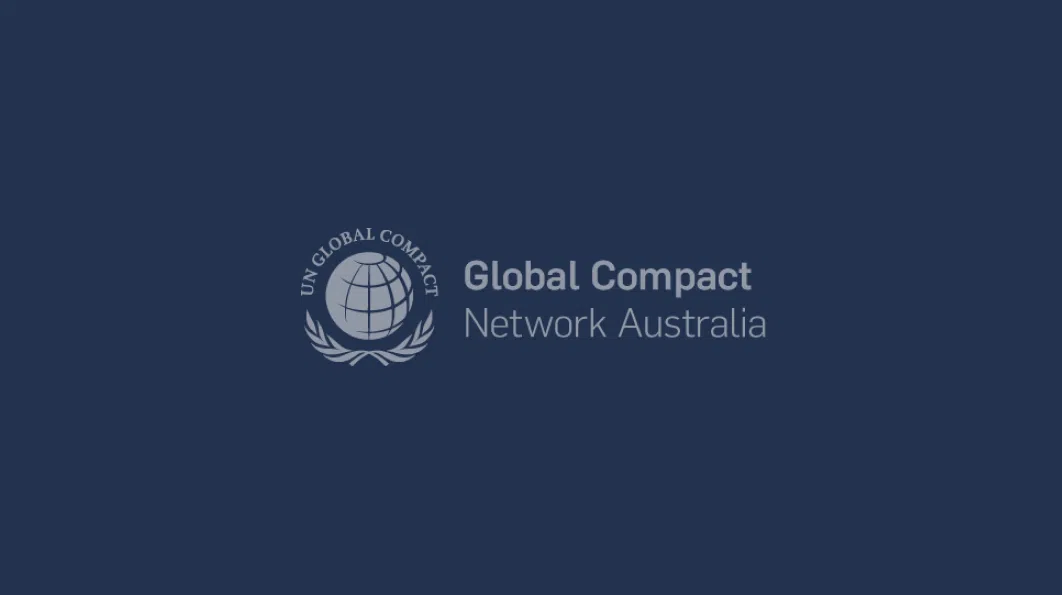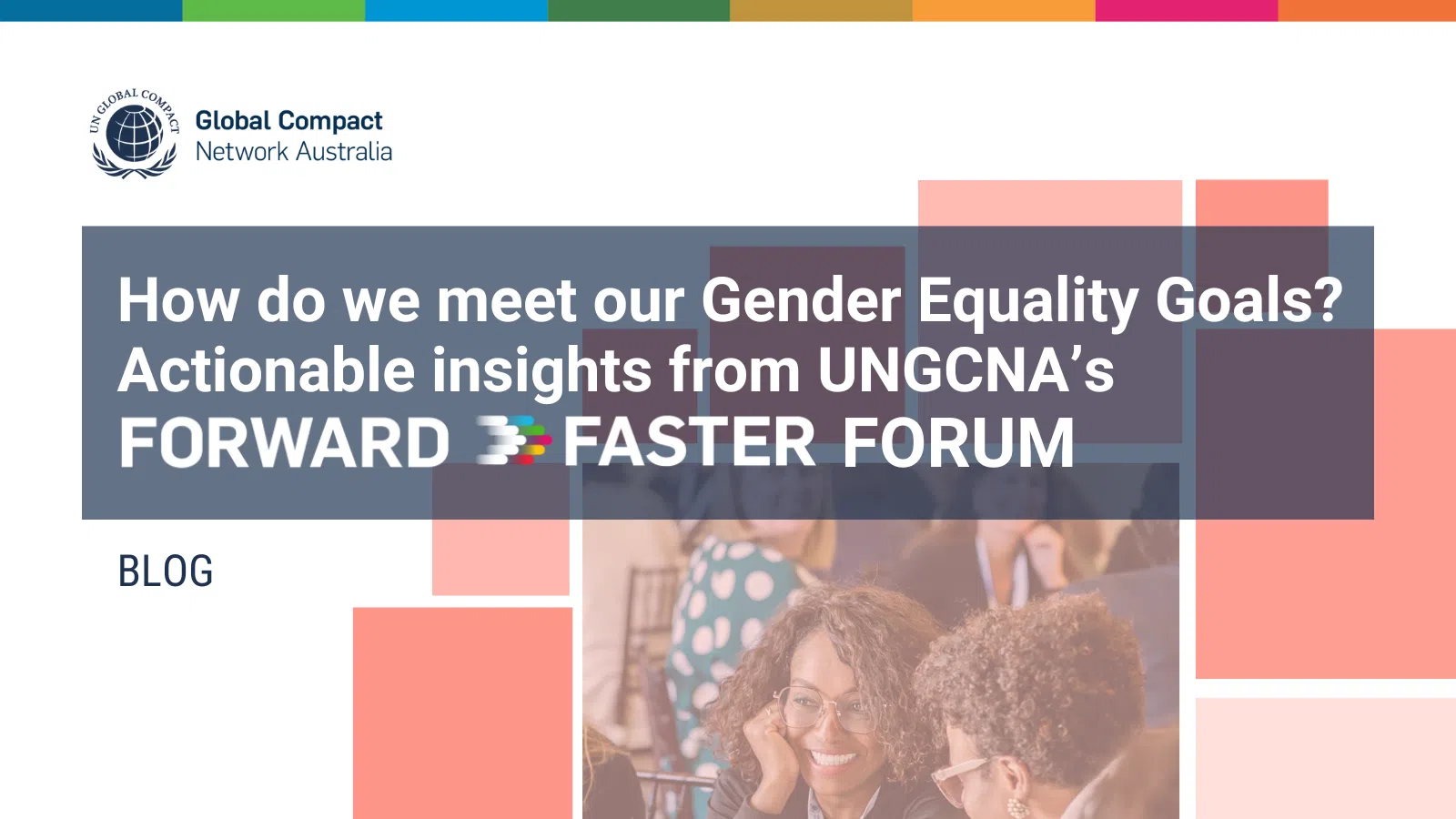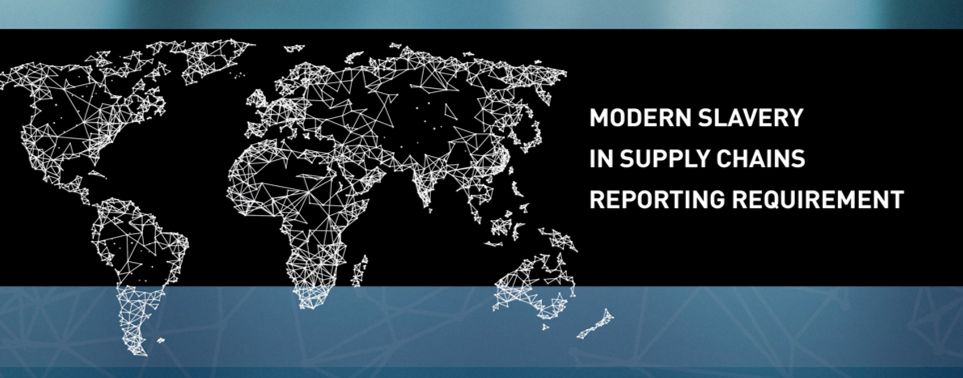
Business & Human Rights, News
International Day of the World’s Indigenous Peoples: 10th Anniversary of the UN Declaration on the Rights of Indigenous Peoples
UN Global Compact Network Australia | August 9, 2017
Today is International Day of the World’s Indigenous Peoples, and the 10th anniversary of the UN Declaration on the Rights of Indigenous Peoples (UNDRIP). Today is an opportunity to celebrate the incredible contributions Aboriginal and Torres Strait Islanders make to Australia and beyond, and highlight ways that businesses can respect, support and promote their rights.
The UN General Assembly adopted the UNDRIP in 2007 – the most comprehensive international instrument on the rights of Indigenous peoples (background paper).
“It is now 10 years since the UN Declaration on the Rights of Indigenous Peoples was adopted by the UN General Assembly, as the most comprehensive international human rights instrument for indigenous peoples. The Declaration, which took more than 20 years to negotiate, stands today as a beacon of progress, a framework for reconciliation and a benchmark of rights. But a decade on, we need to acknowledge the vast challenges that remain.” Joint statement from the Chairperson of the UN Permanent Forum on Indigenous Issues, the UN Expert Mechanism on the Rights of Indigenous Peoples, and the Special Rapporteur on the Rights of Indigenous Peoples
Indigenous Rights and Business
At a minimum, businesses have a responsibility to respect all human rights including those of Indigenous peoples. Businesses also have a significant opportunity to go above this minimum standard and take additional steps to support and promote Indigenous peoples’ enjoyment of their rights, including through opportunities for economic empowerment.
The UN Global Compact’s Business Reference Guide to the UN Declaration on the Rights of Indigenous Peoples encourages businesses to take the following key actions:
- Make a policy commitment to respect the rights of Indigenous peoples
- Conduct human rights due diligence to assess actual or potential adverse impacts on Indigenous peoples’ rights, integrate findings and take action, and track and communicate on performance
- Consult in good faith with Indigenous peoples in relation to all matters that may affect them or their rights
- Commit to obtain (and maintain) the free, prior and informed consent of Indigenous peoples for projects that affect their rights, in line with the UNDRIP
- Establish or cooperate through legitimate processes to remediate adverse impacts on Indigenous peoples’ rights
- Establish or cooperate with an effective and culturally appropriate grievance mechanism
The UNDRIP Business Reference Guide provides additional guidance on each of these actions and a Practical Supplement shares case studies from around the world. The UN Global Compact has also published a Good Practice Note on Free, Prior and Informed Consent. The Human Rights and Business Dilemmas Forum also provides guidance on respecting Indigenous peoples’ rights.

The Sustainable Development Goals (SDGs) also include explicit consideration of key priorities of Indigenous peoples. With momentum behind the SDGs – including within the private sector – there is also an opportunity for businesses to link their Indigenous engagement activities with their SDGs approach (such as in KPMG’s and Westpac’s Reconciliation Action Plans). The UN Permanent Forum on Indigenous Issues has prepared a paper on Indigenous Peoples and the SDGs, which may provide useful background for businesses wanting to explore this.
Reconciliation Action Plans
Reconciliation Action Plans (RAPs) are a key way Australian businesses are committing to practical actions to build respectful relationships with and create opportunities for Aboriginal and Torres Strait Islander people, and contribute to reconciliation.
A number of GCNA members have developed RAPs (listed below). Those that have committed to an Elevate status RAP are noted.
[gdlr_row]
[gdlr_column size=”1/3″]
- Allens
- ANZ Bank
- BHP [Elevate]
- Bank Australia
- Commonwealth Bank of Australia [Elevate]
- Deloitte
- EY
- GHD
- Griffith University
- KPMG [Elevate]
- Lendlease [Elevate]
- Monash University
- National Australia Bank [Elevate]
[/gdlr_column]
[gdlr_column size=”2/3″]
- PwC
- Rio Tinto [Elevate]
- RMIT University
- Qantas [Elevate]
- SMEC
- Shell
- Stockland
- Telstra [Elevate]
- Transurban
- University of Melbourne
- Wesfarmers
- Westpac [Elevate]
- Woolworths
- Yarra Valley Water
[/gdlr_column]
[/gdlr_row]


